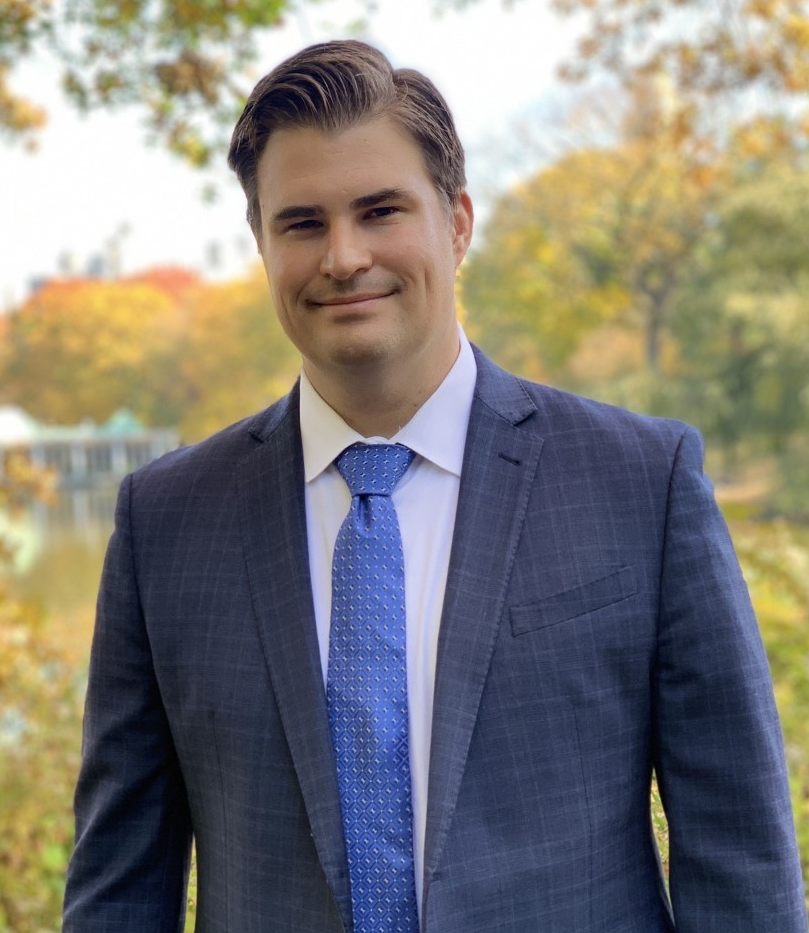Dr. Robert Tyler Braun, assistant professor of population health sciences at Weill Cornell Medicine (WCM), has been awarded a Mentored Research Scientist Development Award (K01) from the National Institute on Aging (NIA) for his project, “Do Acquisitions of Hospice Agencies by Private Equity Firms and Publicly Traded Corporations Impact End-of-Life Quality and Cost of Care?”

Dr. Robert Tyler Braun
While researching nursing homes and physician practice consolidation by private equity firms, Dr. Braun noticed that one of the largest sectors being acquired or consolidated was hospice. Although the hospice care business has evolved significantly over the last few decades, moving from a primarily not-for-profit system to a for-profit one, there has not been much research on the implications. As he looked further into the phenomenon, he found that these profitable acquisitions are typically very fragmented and under-regulated relative to nursing home care. Dr. Braun saw this as an opportunity to become an expert on the topic and hopes to drive national policy with his work.
One of the main issues Dr. Braun highlighted is that hospice is paid on a per diem rate. This means organizations receive a fixed amount of money for every day a patient is in hospice. Therefore, most resources are used in the first and final days of enrollment, with low usage in between. As a result, people who live the longest, like dementia patients, are more profitable than people who do not live very long, like cancer patients. “There are a lot of big questions around enrollment practices and quality of care within these hospices, especially for these very for-profit driven organizations,” Dr. Braun said.
Another concern is the current timeframe for hospice recertification. “A private equity firm could own a hospice and CMS (Center for Medicare & Medicaid Services) might never even know. So there needs to be a lot more transparency,” he said. “The people who have died in hospice ultimately do not have a voice anymore, so I hope to shed light on the situation. The evidence coming out of different healthcare sectors shows that this could have serious implications, which is why the White House, CMS, and policymakers are really interested in this.”
The purpose of a K01 grant is to provide an intensive, supervised research and career development experience for nonclinical doctoral researchers as they transition to independent research careers. Dr. Braun will be working with several mentors on this project, including WCM’s Dr. Lawrence Casalino, professor of population health sciences; Dr. Mark Unruh, associate professor of population health sciences; and Dr. Holly Prigerson, co-director of the Cornell Center for Research on End-of-Life Care and professor of sociology in medicine. He will also work with Dr. David Stevenson, professor of health policy and director of health policy education at Vanderbilt University School of Medicine. Dr. Braun is grateful for WCM’s resources and the mentorship he has received. He hopes to pay that forward with PhD students and junior faculty members one day.
He views this award as a major steppingstone to his introduction to federal funding. “I really hope that the resources the NIA and WCM have provided allow me to develop more and be known as a mixed-methods researcher,” he said. “Developing expertise on end-of-life care research will allow me to apply for more grants on emerging trends.” Ultimately, he would like to use this experience to continue pushing the prioritization of policies in this sector on a national level.
- Highlights

